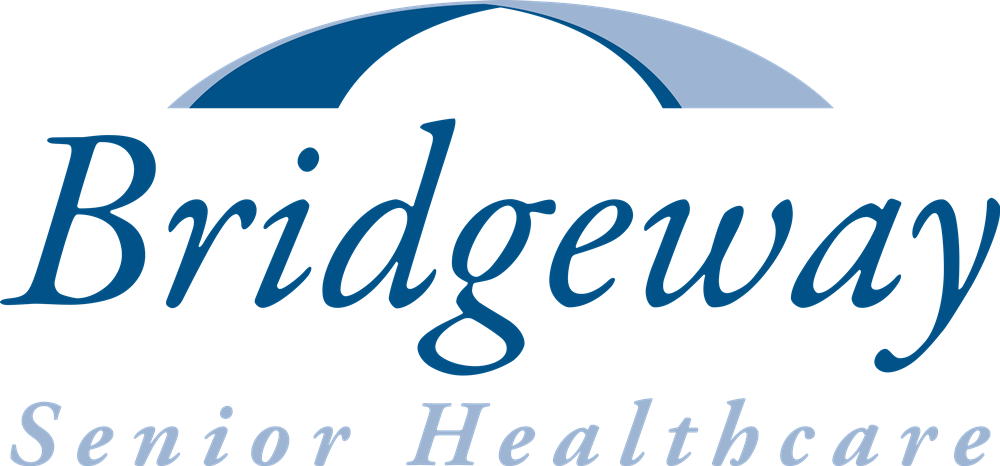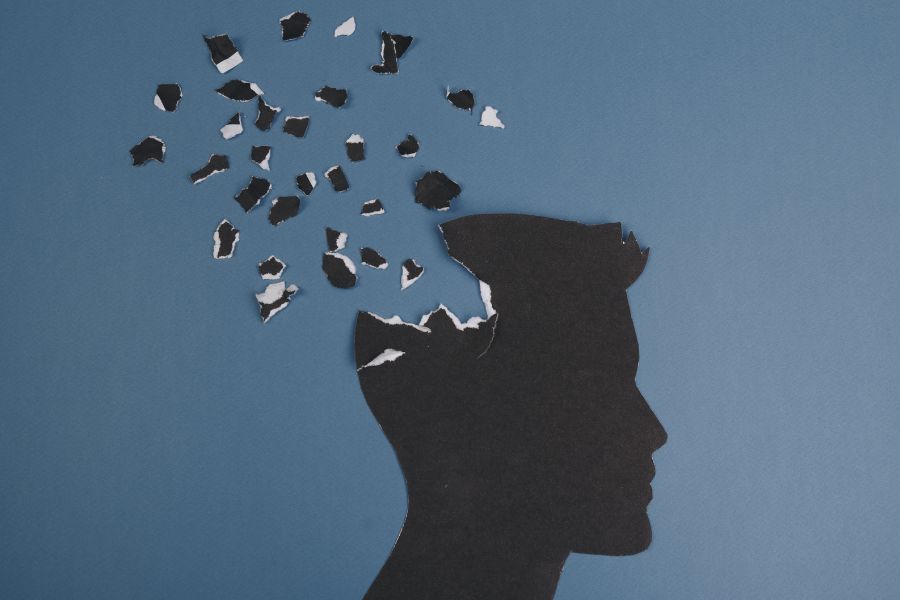|
Every day can present fresh difficulties if you or someone you love is suffering from dementia or memory loss. We provide the newest treatment options and caring assistance to you and your family at every stage, regardless of whether the memory loss is caused by dementia or something else.
In order to better the lives of our patients, our researchers and care teams at Bridgeway Senior Healthcare are constantly striving to expand our knowledge of and approaches to treating memory and cognitive impairments. Modern diagnostic techniques, all-encompassing treatment approaches, and therapies are provided to patients in order to alleviate symptoms, promote independence, and enable them to live complete lives. Conditions of Memory Loss We Treat We offer you all the assistance required to comprehend a recent diagnosis and handle memory loss problems. Among the ailments we handle are: Mild Cognitive Impairment (MCI) On formal cognitive testing, mild but measurable alterations in thinking ability are indicative of mild cognitive impairment (MCI). You will notice these changes, and your friends and family will too. People with MCI can still perform daily tasks, nonetheless, including driving, handling prescriptions, and cooking. Similar to other types of cognitive impairment, mental cognitive illness (MCI) results in issues with thinking, language, memory, and judgment that go beyond the typical aging-related challenges. Your future risk of dementia or Alzheimer's disease may rise if you have MCI. Our medical professionals can advise you on the appropriate course of action if you suspect that you have MCI or another form of memory loss. Dementia The term "dementia" describes a state in which a person's capacity to carry out routine tasks and activities is diminished due to cognitive deterioration. Even while you might have a particular type of dementia, no one is ever given a diagnosis of "dementia" in its broadest sense without also knowing what kind they have. Certain types of dementia may be treatable and are brought on by underlying medical issues. There are therapies and drugs available to help manage symptoms, but some forms of cognitive impairment are a progressive condition that will worsen with time. Alzheimer's Disease Dementia with Alzheimer's disease is the most prevalent type. An estimated 5.8 million Americans are anticipated to have Alzheimer's disease each year, according to the Alzheimer's Association. Alzheimer's affects memory and judgment-related areas of the brain, just like other types of dementia. Doctors refer to two forms of abnormalities caused by the disease as plaques and tangles, which cause harm to brain cells. Protein aggregates and strings called plaques and tangles can seriously harm a cell by obstructing intercellular communication. Although the exact etiology of Alzheimer's disease is still unknown, the most prevalent risk factor is age: 32% of persons 85 years of age and older have dementia. Studies indicate that while environmental and lifestyle factors may also be involved, there appears to be a genetic component in some families. Continuous progress in research and treatment is enabling people to lead more fulfilling lives. Signs of Memory Loss & Dementia Everybody gets forgetful occasionally. Particularly as we become older, it's common to misplace items, forget to make a monthly payment, or accidentally use the wrong word. It is crucial to recognize the warning signs of dementia and related disorders if you or someone you care about is exhibiting new or worsening memory loss or cognitive impairment symptoms. Following are a few typical indicators of memory loss disorders:
We suggest seeing one of our primary care physicians first if you're worried about your memory or understanding and haven't spoken to a doctor yet. Our primary care physicians can assist you in finding solutions promptly since they have vast experience in identifying and managing a wide range of medical issues. Your primary care physician will put you in touch with one of our neurologists directly if your care requires more specialization. Assessment It might be depressing to consider that you or a loved one may be suffering from dementia or memory loss. You may find it difficult to get your loved one to go to the doctor, or you may be inclined to put it off. It's critical to receive a diagnosis as soon as possible so that your doctor can start creating a customized treatment plan that can help minimize or even eliminate symptoms. In order to determine a precise diagnosis, medical professionals will need to review your medical history and administer cognitive tests that measure your reasoning, thinking, direction, and attention span. In order to assess your language, memory, movement, and balance, we will also do a neurological test. It may be necessary to order advanced brain imaging studies and blood testing to see whether any other medical disorders are the cause of your symptoms. It might be difficult to diagnose diseases like Alzheimer's disease and other similar ailments. Physicians need to be on the lookout for subtle indicators and trends that coincide with the disease's usual loss of function and skills. We'll work to get you prompt answers and start creating a treatment plan that enables you or your loved one to live fully, regardless of what is causing your symptoms. If memory loss disorder is your diagnosis, we will help you learn everything there is to know about it and collaborate with you to develop an effective treatment plan. Our community activities, educational programs, and support groups provide you and your family with ongoing resources. Treatment for Dementia & Memory Loss Memory loss symptoms can be brought on by a wide range of medical disorders, some of which are treatable. These include drug side effects, alcoholism, head trauma, stress, mental disorders, sleep difficulties, hypothyroidism, and B12 deficiency. We'll suggest treatment for the ailment producing your symptoms if your doctor finds that one of them is the reason behind your memory loss. Our skilled group of neurologists, neuropsychologists, and other professionals are proficient in diagnosing, treating, and providing assistance to people suffering from memory loss. Treatment for dementia, including Alzheimer's disease, is largely focused on changing lifestyle habits and prescribing drugs. Medication Cholinesterase inhibitors are most frequently used by doctors for dementia. These medications function by raising the brain's concentration of a chemical messenger that is in charge of memory and judgment. In order to address symptoms like depression, agitation, or difficulty sleeping, doctors may sometimes recommend additional drugs. Clinical Evaluations The most recent clinical trials offer hope to many of our patients and their families. We work hard to learn more about memory loss and how to best treat and eventually cure it. We've investigated how intranasal therapies for a range of cognitive diseases can enhance memory. For additional details regarding our clinical trials, kindly visit the Center for Memory and Aging. Rehabilitation & Assistance We provide exercise classes, several specialized programs, and rehabilitation services like physical, occupational, speech, and music therapy to assist you or a loved one manage symptoms, avoid falls, and lead a healthy life. Patients and their carers can learn how to simplify daily tasks, manage changing behaviors, and reduce the risk of accidents and falls at home by working with our skilled therapists. We also assist patients and their loved ones in creating healthy coping mechanisms and preparing for the dementia's progression. We also provide skill workshops and psychological services to assist families and caregivers with ongoing education and support.
0 Comments
Leave a Reply. |
|
QUICK LINKS
|
Award-winning care as recognized by
Your comments and satisfaction are important to us.
Consider writing a review on Google or Facebook. |
© 2024 Bridgeway Senior Healthcare. All Rights Reserved | Privacy Policy | Sitemap







